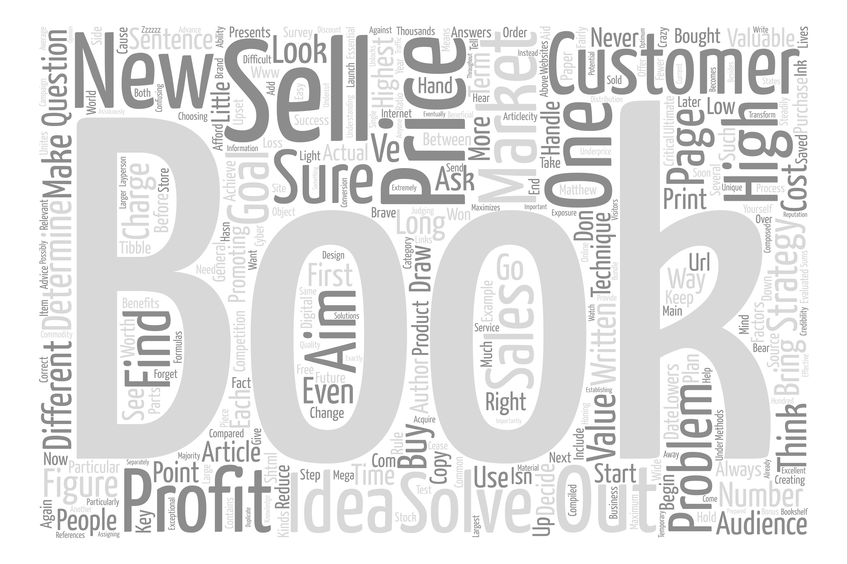Liquidated damages are a type of compensation that is awarded by a court to an injured party as a result of a breach of contract by another party. A liquidated damages provision typically includes a certain amount of money which is determined by both parties during the formation of a contract. This dollar amount will go to the future injured party to collect as compensation upon a specific breach. Parties to a contract use liquidated damages where the type of actual damage may be hard to prove. Even though the type of actual damage may be hard to prove, the non-breaching party looking to recover liquidated damages nonetheless still needs to actually prove damages if they want to recover. The non-breaching party is entitled to recover the predetermined dollar amount if the other party fails to perform the specific task or comply with the specific obligation.
Why are liquidated damages not always enforceable?
There is an exception where liquidated damages are not imposed. This exception comes into play when the breaching party can show that the liquidated damages clause was included merely as a penalty for failing to keep contract terms, instead of its natural purpose, which is to cover hard-to-prove damages.
So, the question becomes:
What makes a liquidated damages clause enforceable? What makes it a penalty?
The courts employ a test to determine whether a liquidated damages clause will be upheld and not stricken as a penalty clause. First, the parties, at the time of contract signing, must have no way of knowing what damages may be suffered in the event of a default. A common defense made to have the court not enforce the liquidated damages provision is that the actual damages that the non-breaching party could suffer were actually ascertainable at the time of contract formation. Second, the predetermined amount of money in the liquidated damages clause must not be so grossly disproportionate to any damages that might reasonably be expected to follow from the type of breach as to show that the parties could have intended only to induce full performance, rather than to liquidate their damages. In other words, the predetermined dollar amount must be reasonably foreseeable to follow from the specific type of breach. Common defenses to this prong of the test is that the damages “shocks the conscience” of the court. This occurs when the liquidated damages provision is too disproportionate to the actual contract value.
Other defenses and arguments against enforceability
Another common defense made in order to have the court not enforce the liquidated damages provision is that the non-breaching party contributed to the other party’s breach. For example, in a construction contract where both the owner and contractor bear some responsibility for the delay in the completion of a contract, the owner is not allowed to assess the daily liquidated damages for delays.
Conclusion
A liquidated damages clause is a powerful tool to protect oneself from damages that are hard to prove. However, this clause should be carefully drafted to make sure it is not interpreted as a penalty clause and that it can be applicable to a wide range of circumstances. On the flip side, if you are entering into a contract with a liquidated contracts provision, you should consider how these circumstances can impact your ability to recover damages.


